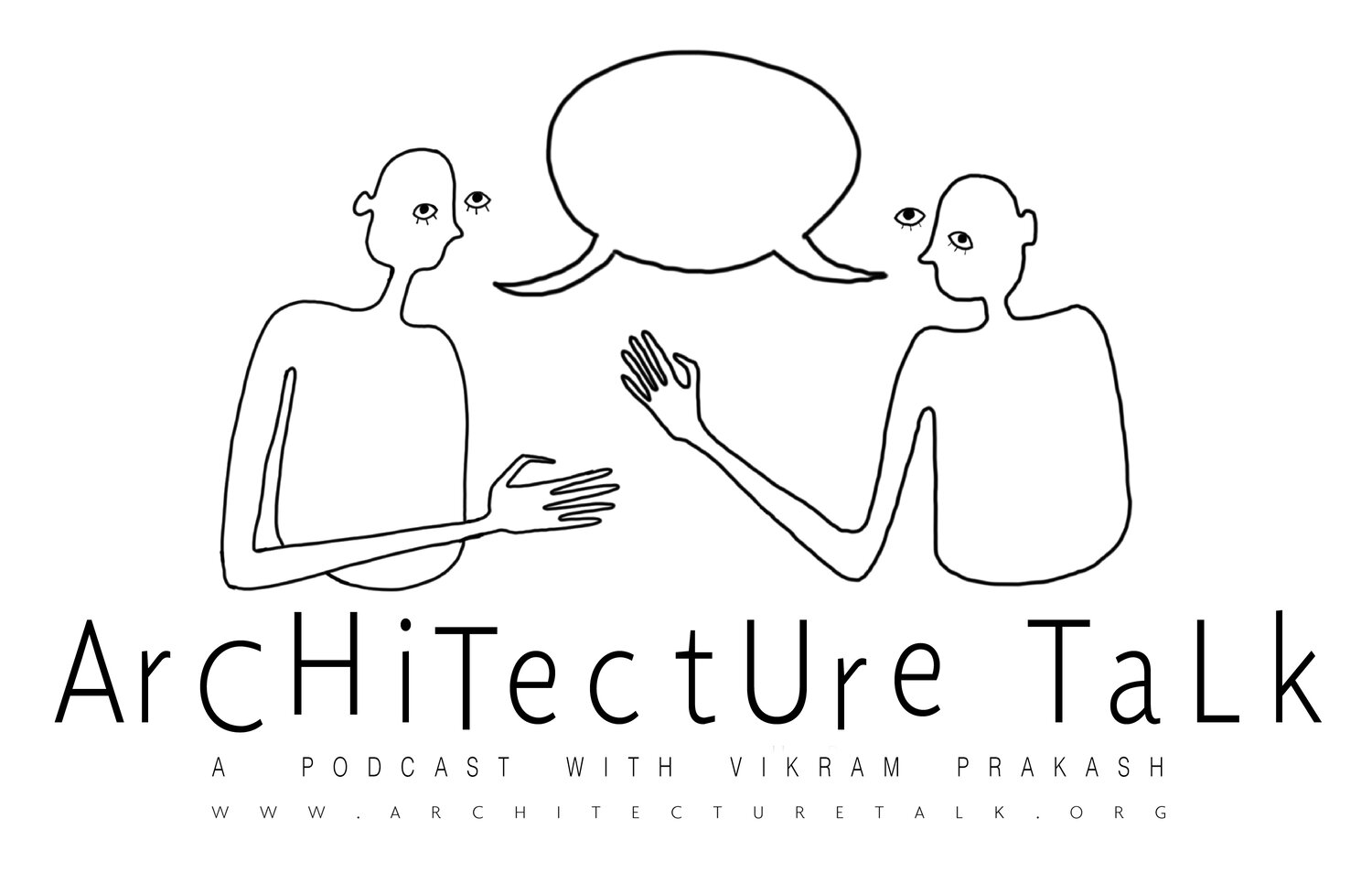81. AITC: The Archeology of Confinement and Culture of Hygiene with Lydia Kallipoliti
Original Drawing by Tori Haynes
“We need to open our eyes to the bubble inside which we voluntarily contain ourselves and develop an erotic yet resistant relationship with it.”
Lydia Kallipoliti
This week, we sit down with Lydia Kallipoliti, an award-winning architect, engineer, scholar and curator and an Assistant Professor at the Cooper Union in New York. The conversation traverses many scales - from the individual to the environment and world - looking closely at the culture of hygiene and the architecture of confinement and how these technologies are connected to the politics of the body in the time of Coronavirus.
Timestamp Outline
0:50 Introductions to Lydia Kallipoliti
5:20 Lydia discusses feelings of being in New York during the peak of the pandemic as the brink of civil war.
7:00 Mention of Lydia’s Eflux article “Zoom In, Zoom Out” and questioning of natural boundaries because of the pandemic.
11:05 Mention of Jonathan Crary’s book 24/7: Late Capitalism and the Ends of Sleep
12:55 Lydia says “Staying inside is something that in a very strange way was something that was already happening...an existing tendency that was normalized and naturalized during the pandemic.
13:20 Discussion of the movement to an indoor environment.
13:50 Mention of Slavoj Zizek’s “Slavoj Zizek’s Covid-19 lockdown survival guide: Guilty pleasures, Valhalla Murders & pretending it's just a game”
15:10 Discussion of architecture’s long history of confinement
16:10 Is the movement indoors a cultural movement solely in the West?
19:50 Mention of Reyner Banham’s “A House is not a Home” article.
21:09 Mention of Lydia’s book The Architecture of Closed Worlds.
23:50 Discussion of the intersection of COVID-19 with the climate crisis
24:20 Discussion on the privileged logic of unaffectedness
25:25 Reference to Bruno Latour’s book Down to Earth: Politics in the New Climatic Regime.27:40 “Isolation is also a privilege.”
31:00 Vikram asks how to undo unaffectedness
32:00 “The virus went viral”
35:30: Flying and travel as the over extension of the body
37:00 The close to Lydia’s article - “We need to open our eyes to the bubble inside which we voluntarily contain ourselves and develop an erotic yet resistant relationship with it.”
37:20 Lydia says “All erotic relationships have a form of resistance.”






